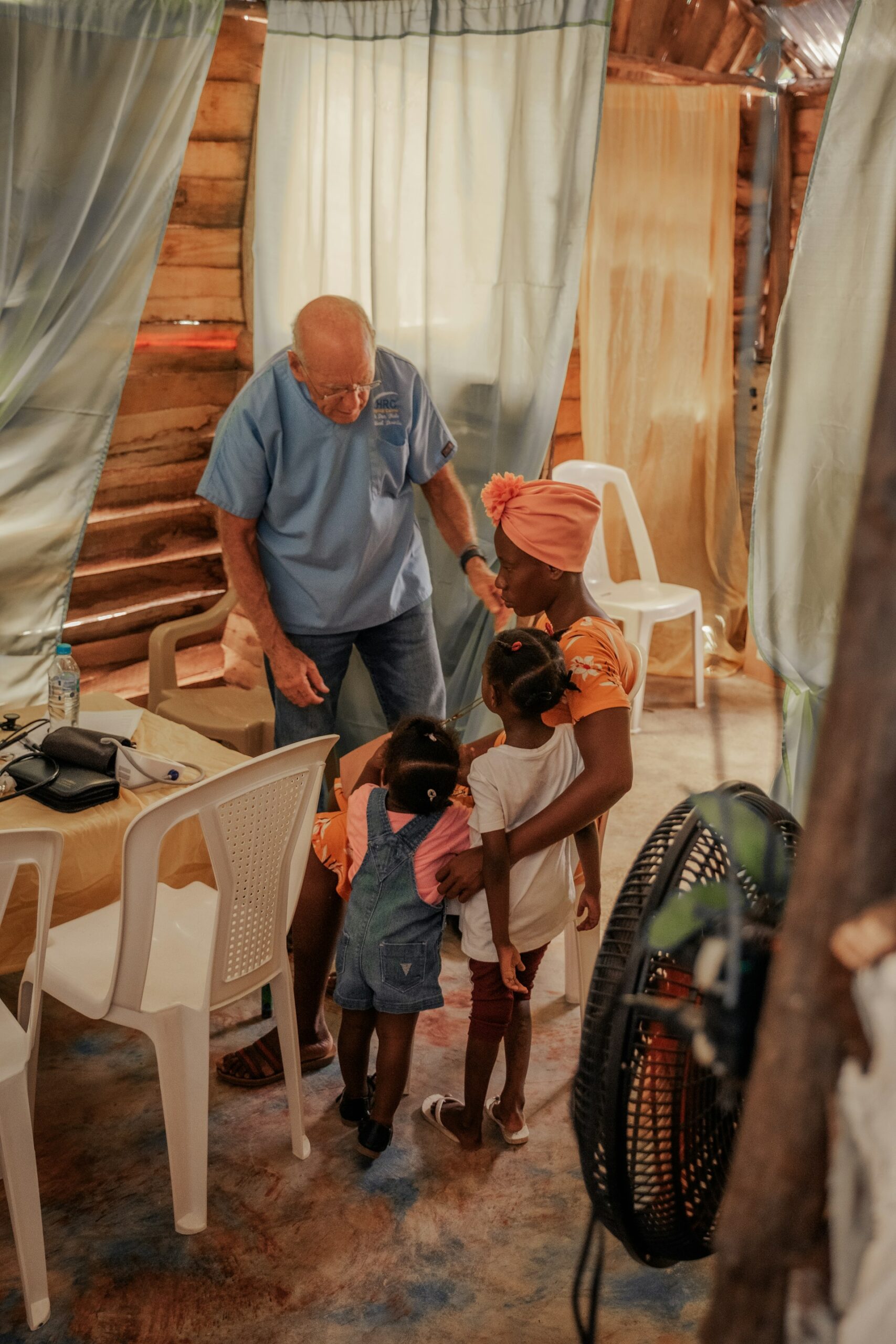
Millions of people globally struggle to access basic healthcare due to limitations in remote regions. For those dwelling in villages, on small islands, or nestled in mountainous regions, accessing healthcare can be a monumental hurdle. Limited infrastructure, geographical constraints, and the scarcity of traditional clinics paint a stark picture.
Research: Delving Deeper into the Problem
To bridge this healthcare gap, we embarked on a research journey to understand the complexities from both sides:
Understanding Patient Commuting Issues: We analyzed the difficulties patients experience when traveling for check-ups, including the financial burden, time constraints, and the physical strain of long journeys.
Remote Area Challenges: We explored the specific struggles faced by healthcare professionals in delivering services to remote areas, such as limited resources, logistical difficulties, and the need for more efficient disease outbreak response strategies.
These factors have a domino effect:
Transportation Woes: Traveling long distances for check-ups is often impractical due to a lack of reliable transportation or the physical limitations of patients, especially the elderly or those with disabilities.
Delayed Diagnoses: The lack of accessible check-ups often leads to delayed diagnoses, potentially worsening health conditions.
Uncontrolled Disease Spread: Monitoring and containing outbreaks in remote areas becomes challenging, jeopardizing the health of entire communities.
Ideation & Solution Development: Accessible Care, Delivered
Our goal was to design a solution that democratizes healthcare access, ensuring everyone receives the care they deserve, regardless of location. Here’s how we envision achieving this:
1. Reduced Travel Risks: Minimizing the need for patients to travel long distances for basic check-ups reduces the risk of complications during travel, especially for vulnerable populations.
2. Modular Design for Flexibility: A portable, modular clinic allows for easy transport and deployment in remote areas to address healthcare needs efficiently.
3. Outbreak Response Capability: Empowering healthcare professionals to conduct check-ups and provide timely interventions during disease outbreaks is crucial for containment efforts.
The Solution: The Backpack Clinic – Healthcare on the Move
The Backpack Clinic represents a paradigm shift in delivering healthcare to remote areas. This portable clinic, literally contained within a backpack, empowers healthcare professionals to:
Perform Basic Check-Ups: Equipped with essential diagnostic tools, the Backpack Clinic facilitates basic health screenings like vitals monitoring, blood sugar testing, and basic examinations.
Promote Wellness with Smart Diagnostics: The Carenation smart diagnostics platform integrates seamlessly, allowing data collection, analysis, and potential early detection of health issues.
Facilitate Remote Consultations (Optional): The Backpack Clinic can be designed to facilitate remote consultations with specialists in urban areas, expanding the scope of care available in remote locations.
Improve Disease Control: By enabling easier access to preventative screenings and early intervention, the Backpack Clinic can significantly contribute to controlling the spread of communicable diseases in remote areas.
The Backpack Clinic is a significant leap forward in bridging the healthcare gap. By empowering healthcare professionals to deliver essential care directly to patients, we can create a healthier future for everyone, everywhere.





